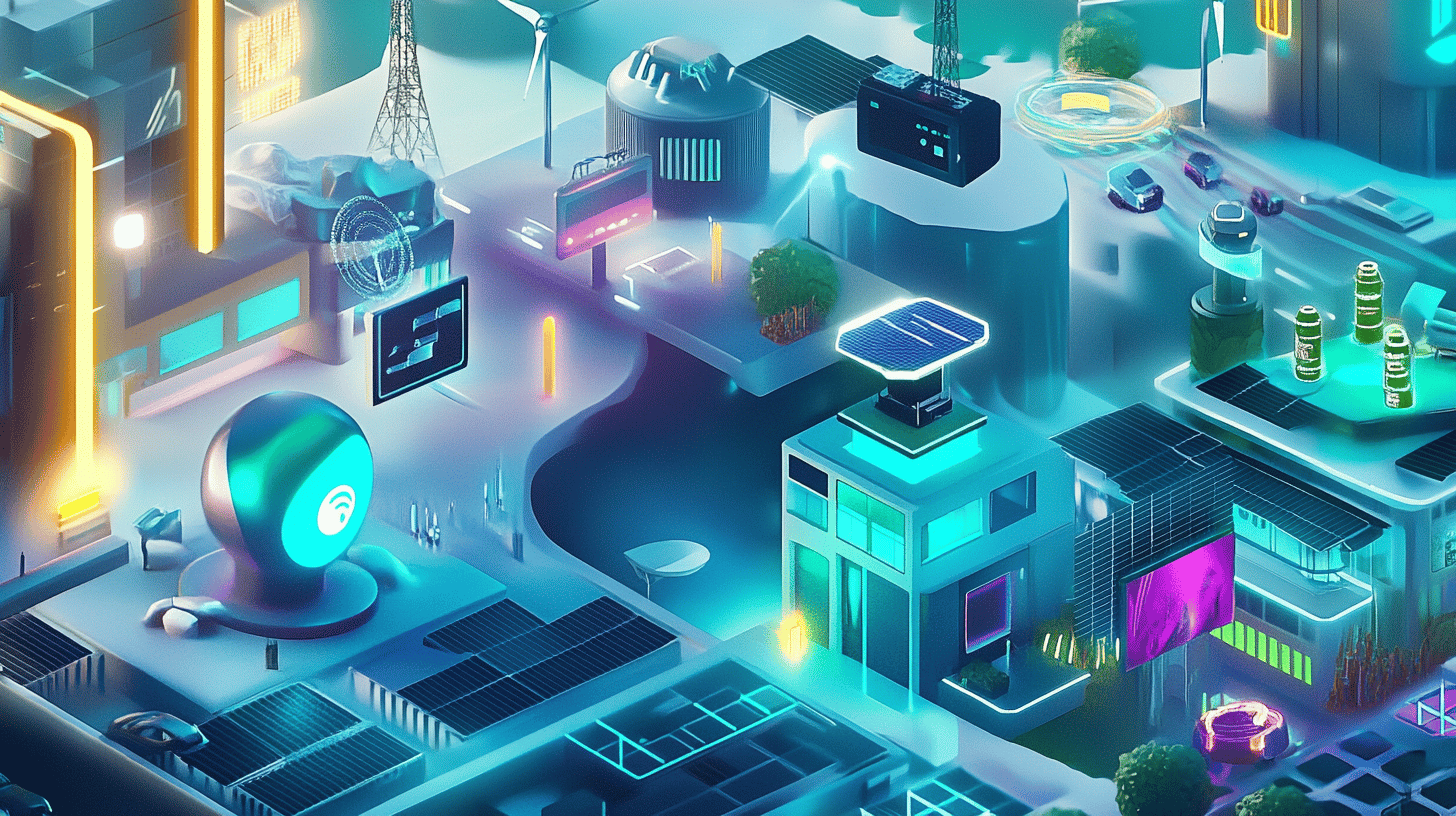The world of technology is constantly evolving, and every year new innovations emerge that promise to transform the way we live, work and connect. In 2025, several emerging technologies are emerging as protagonists of this revolution. In this article, we will explore the main trends that you should keep an eye on and how they can impact your daily life.
Advanced Artificial Intelligence (AI)
While recent years have seen substantial growth in the adoption of artificial intelligence systems, this technology is set to reach new heights by 2025. Not only will AI continue to be integrated into business applications, but it will also begin to play a more significant role in our homes.
Advanced AI systems will be present in home devices, offering smarter and more interactive personal assistants that can meet specific needs. This includes everything from automating simple tasks, such as controlling the home temperature, to managing energy consumption, security and health habits.
Quantum Computing
Although quantum computing is still a developing field, significant advances in this technology are expected to be made by 2025. With the power to process information at ultra-fast speeds, quantum computing could revolutionize a variety of industries, including pharmaceuticals, cryptography, and artificial intelligence.
These systems have the potential to solve complex problems that traditional machines would have struggled with for decades, and could therefore accelerate scientific discoveries, optimize logistics, and improve the security of personal and business data.
Augmented Reality and Virtual Reality (AR/VR)
Augmented reality (AR) and virtual reality (VR) technologies are becoming increasingly mature and accessible. By 2025, these capabilities are expected to be widely used in both entertainment and workplace environments. The use of AR for interactive training and VR for simulations in sectors such as healthcare, education, and engineering promises to enrich the user experience.
These technologies will not only provide immersive experiences in games and movies, but will also help create more effective learning environments where users can interact more dynamically with content.
5G and Internet of Things (IoT)
The introduction of 5G will not only increase network speeds and capacity, but will also be a catalyst for the expansion of the Internet of Things (IoT). Connected devices will be everywhere in our lives, from home appliances to autonomous vehicles. By 2025, more devices will be in operation, enabling real-time communication and collecting valuable data to optimize services and products.
This integration of 5G and IoT will allow companies to make real-time adjustments to their operations, improve customer experience, and even implement predictive business models based on data. Imagine, for example, a refrigerator that warns when food is about to expire or a car that communicates with the traffic system to optimize its route.
Blockchain Technology in New Sectors
While blockchain is often associated with cryptocurrencies, by 2025 its application is expected to expand to a variety of industries, including healthcare, logistics, and finance. The technology’s ability to provide a secure and transparent ledger could transform the way businesses operate.
In healthcare, for example, patients will have full control over their medical data, sharing information only when necessary and ensuring complete privacy. In logistics, product tracking from production to point of sale will become more efficient, reducing losses and increasing consumer confidence.
Next Generation Cloud Computing
With the growing demand for data processing and storage, cloud computing continues to evolve. By 2025, cloud solutions are expected to offer greater flexibility and security, enabling companies to adapt quickly to new market demands. The concept of ‘edge computing’ will also gain traction, allowing data to be processed where it is generated, resulting in faster responses and saving bandwidth.
Additionally, cloud platforms will be more seamlessly interconnected, enabling easier integration between applications and systems that leverage multiple technologies.
Sustainable Technology
With climate change becoming increasingly urgent, sustainable technologies will become essential by 2025. Renewable energy sources such as solar and wind will be joined by innovations in energy storage, enabling independent communities to become self-sufficient. We will also see the increasing use of recyclable materials and solutions that minimize environmental impact.
Furthermore, technology will be used to monitor and optimize the use of natural resources, allowing for more efficient and conscious management.
Digital Educators and E-learning
Education will continue to be revolutionized by technology. By 2025, e-learning platforms will facilitate access to learning across a range of subjects and skills. Interactive tools that provide real-time feedback and virtual environments that mimic a traditional classroom will begin to become standard.
These innovations will ensure that learning is accessible to everyone, regardless of geographic location, making it more inclusive and dynamic. Educators will be able to use AI-based principles to personalize learning, tailoring courses to individual student needs.
Conclusion
Technological advances are irreversible, and the innovations that are coming in 2025 promise to transform our daily lives in ways we never imagined. It is essential that we are open to these changes and seek to integrate these technologies into our daily lives. Play an active role in these transformations and prepare for the future – the possibilities are endless. Share in the comments what you expect from these new technologies and how you imagine they will affect your life!


